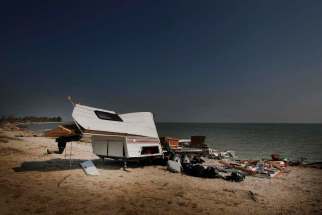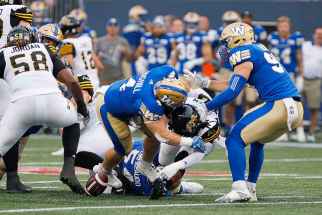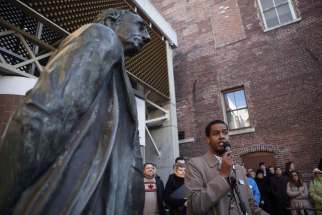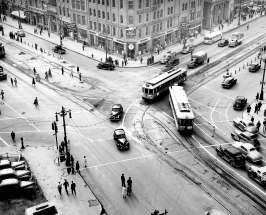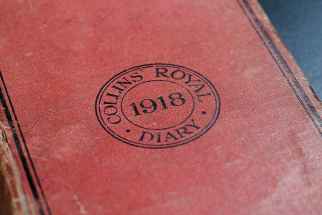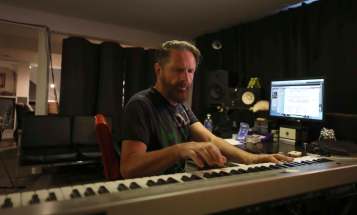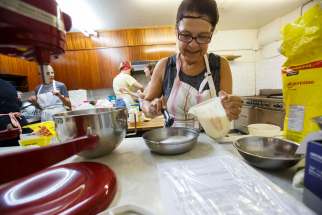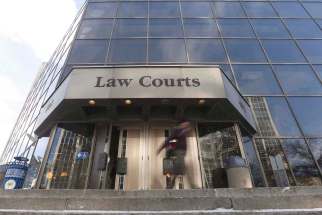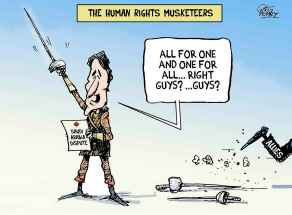Still pumped after 40 years in music biz As leader of legendary Winnipeg rockers The Pumps and Orphan, he opened for the likes of AC/DC and Van Halen. These days, he's penning hits for Nashville up-and-comers.
Read this article for free:
or
Already have an account? Log in here »
To continue reading, please subscribe:
Monthly Digital Subscription
$0 for the first 4 weeks*
- Enjoy unlimited reading on winnipegfreepress.com
- Read the E-Edition, our digital replica newspaper
- Access News Break, our award-winning app
- Play interactive puzzles
*No charge for 4 weeks then price increases to the regular rate of $19.00 plus GST every four weeks. Offer available to new and qualified returning subscribers only. Cancel any time.
Monthly Digital Subscription
$4.75/week*
- Enjoy unlimited reading on winnipegfreepress.com
- Read the E-Edition, our digital replica newspaper
- Access News Break, our award-winning app
- Play interactive puzzles
*Billed as $19 plus GST every four weeks. Cancel any time.
To continue reading, please subscribe:
Add Free Press access to your Brandon Sun subscription for only an additional
$1 for the first 4 weeks*
*Your next subscription payment will increase by $1.00 and you will be charged $16.99 plus GST for four weeks. After four weeks, your payment will increase to $23.99 plus GST every four weeks.
Read unlimited articles for free today:
or
Already have an account? Log in here »
Hey there, time traveller!
This article was published 11/08/2018 (2677 days ago), so information in it may no longer be current.
To steal a line from one of Chris Burke-Gaffney’s best-known compositions, “Oh…oh…it’s a miracle.”
Thirty-five years after it was originally released on Portrait Records, Lonely at Night, the debut album by Orphan, the band Burke-Gaffney helped form following the demise of legendary Winnipeg rockers the Pumps, is about to be granted a second life.
At the end of August U.K.-based label Rock Candy will reissue Lonely at Night, a record that includes the FM staple Miracle, a radio-friendly song author and music historian John Einarson cited alongside the Guess Who’s No Time and Mood Jga Jga’s Queen Jealousy in a 2016 Free Press feature that posed the question, “What’s the greatest Winnipeg tune of all time?” (For the record, this writer listed Success by the Pumps among his 10 allotted selections.)
“Both my partner Derek (Oliver) and I are huge fans of Canadian rock and metal and over the years we’ve had great pleasure reissuing albums by the likes of Honeymoon Suite, Helix, Kick Axe and Streetheart,” says Jonathan Richards, Rock Candy’s product manager, when reached at his office in South Wales.
“Derek, the label boss, was a music journalist during the ‘80s and is renowned for his appreciation of AOR (album-oriented rock) and melodic rock in general,” Richards continues, when asked how Orphan showed up on Rock Candy’s radar in the first place. “Lonely at Night will be a CD-only release. The title track is of course a great number and other favourites from the album are Miracle, Any Time at All and Night Parade.”
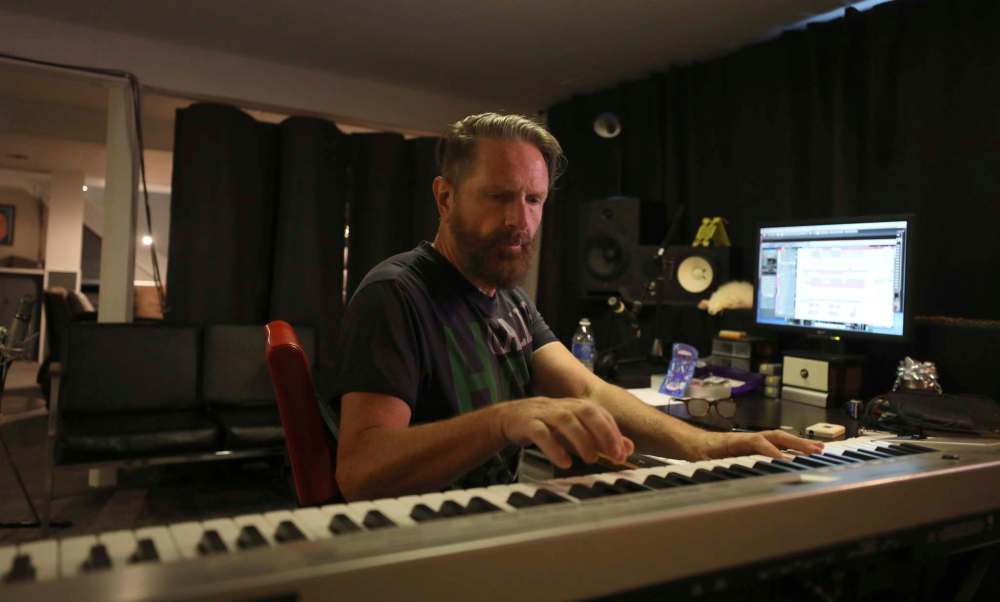
Burke-Gaffney, presently a three-months-out-of-the-year-Nashville-based country music songwriter and producer (that is, when he isn’t fronting an updated version of the Pumps and Orphan; more about all that in a sec), admits he was somewhat surprised when he was contacted by Rock Candy several months ago. After all, to his knowledge Orphan had never been “a thing” across the pond.
“They asked for all-new pictures of the band, plus we did a brand new interview,” he says, seated in the backyard of his East St. Paul home overlooking the Red River, where a chipmunk his wife Jewls has affectionately named Roscoe is perched on his knee — “Sorry buddy, not this morning” — hoping for a peanut or three.
“So yeah, we must have had a few fans over there who knew our songs.”
Burke-Gaffney is well aware 2018 marks the 40th anniversary of the Pumps, a group described on the website canadianbands.com as “full of energy and superb musicianship.” But because 40 is “such a large number” he prefers not to dwell on that particular musical milestone too much as “it reminds me of just how old I am.”
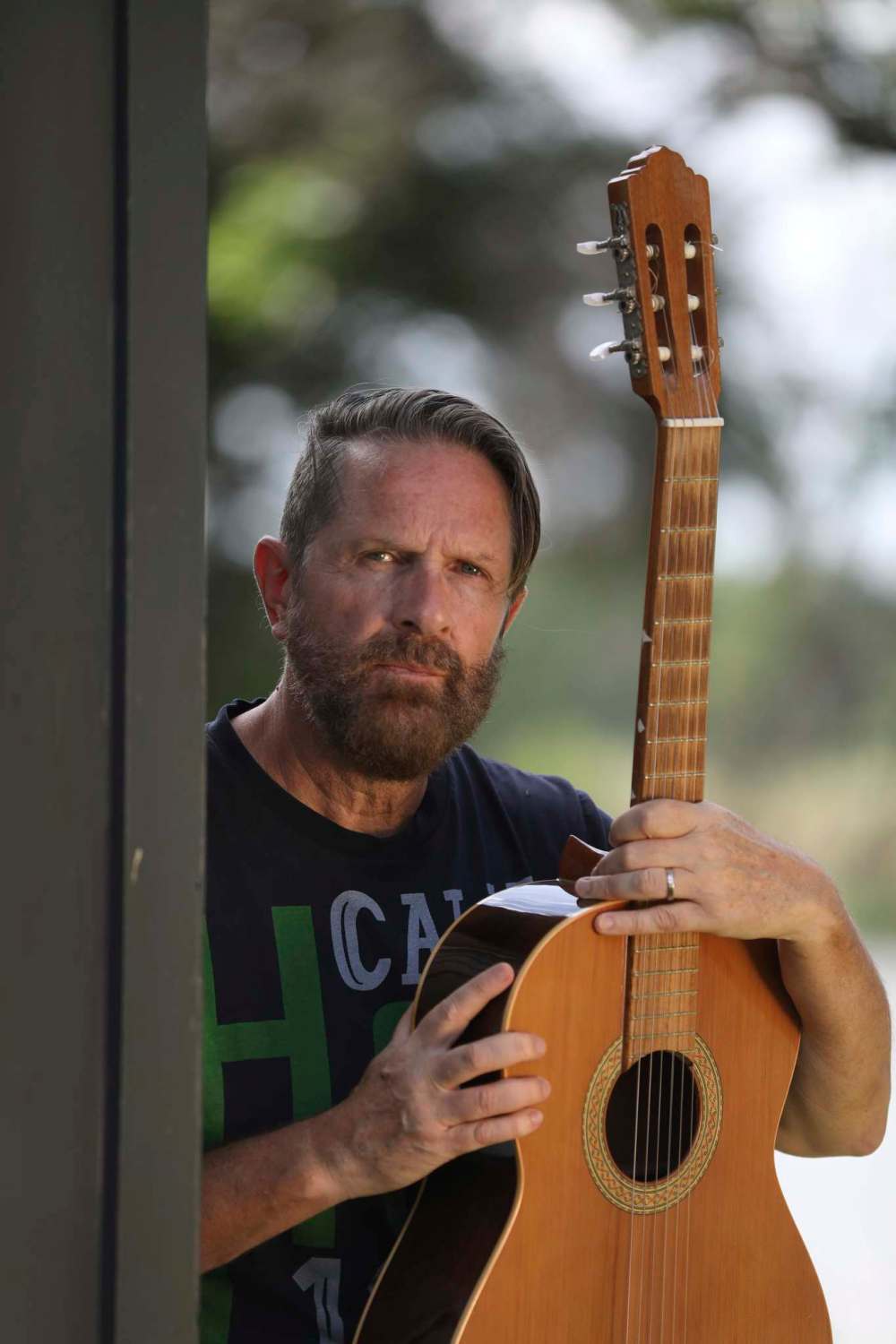
The youngest of seven siblings, Burke-Gaffney was born in Lynn Lake. He enjoys telling the story about how his sister once slept with Juno Award winner Tom Cochrane, another musician who hails from the northern Manitoba community, the punchline being they were both months old at the time.
Burke-Gaffney’s family moved to Winnipeg when he was a year old. He grew up in River Heights and specifically recalls the day at age 13 when he began thinking about pursuing a music career.
“I attended St. Ignatius, a Catholic school on Harrow (Street), which was where I met TNT (Terry Norman Taylor, later of the Pumps and Orphan). We were hanging out at his place one afternoon when he threw on the Jimi Hendrix album Smash Hits, saying ‘get a load of this.’ I didn’t play an instrument at the time but as soon as I heard that record I knew that’s what I wanted to do.”
Intent on forming a band of their own, Taylor, a drummer, and Burke-Gaffney, who took up bass guitar, recruited a “really awesome” lead guitarist named Lou Petrovich, whom Burke-Gaffney knew through community club hockey. The three of them spent a fair bit of time over the next two years holed up in Taylor’s basement working on arrangements to classic rock tunes such as Cream’s Sunshine of Your Love and Led Zeppelin’s Black Dog.
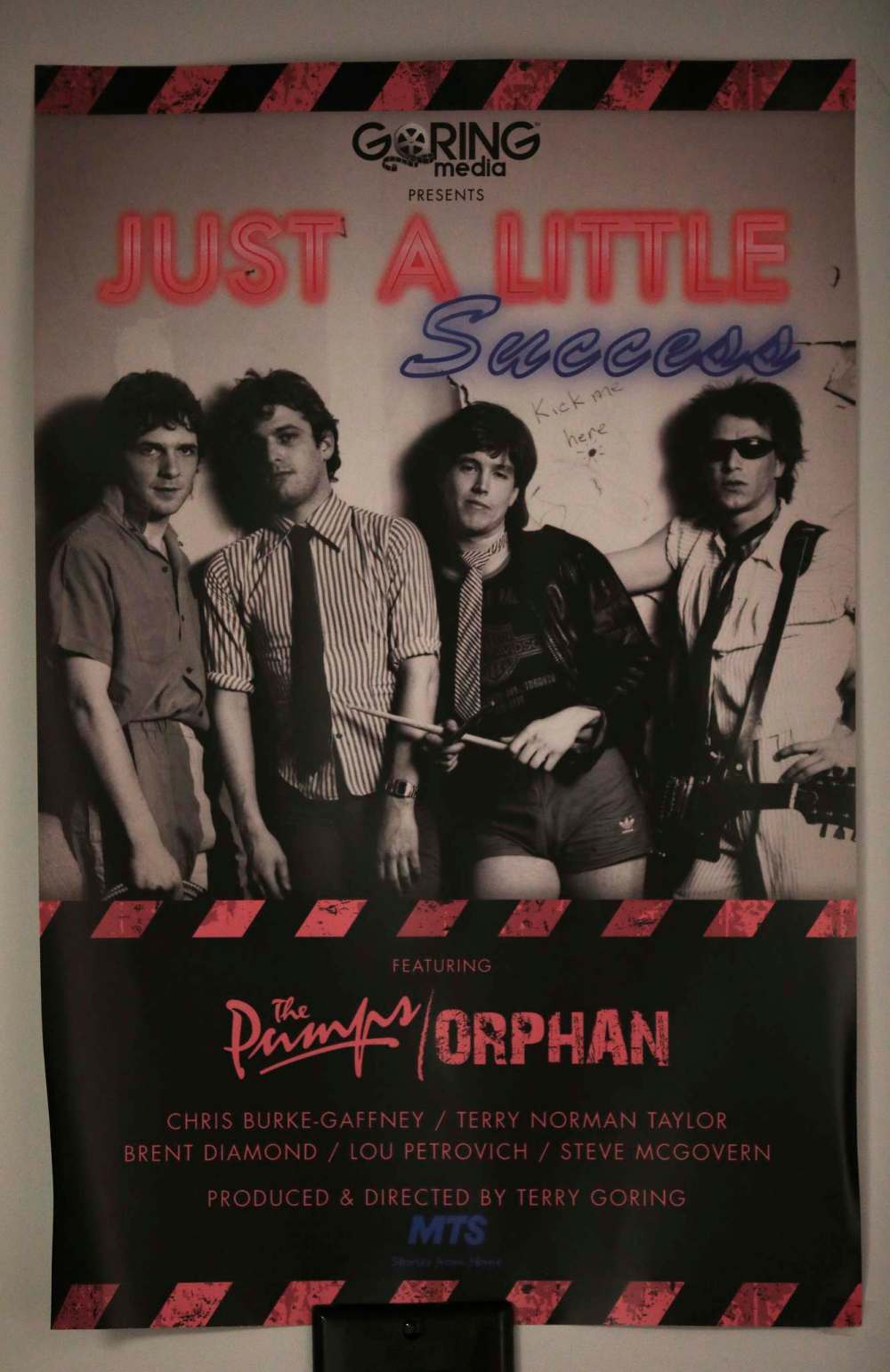
When asked how he ended up behind the mike, Burke-Gaffney laughs, describing himself as “a placeholder,” at first.
“I told the guys I’d sing until we found somebody, except we never found anybody,” he says.
In 1974, Burke-Gaffney and Taylor helped put together Max Damien, a progressive rock outfit that penned and performed 20-minute-long epics in the vein of Yes and Genesis. That band, which included Brent Diamond on keyboards and future Harlequin member Glen Willows on guitar, broke up in 1975, at which point Burke-Gaffney moved to Toronto for “a change of scenery.”
He returned to Winnipeg in 1977. Early the next year, he reunited with Taylor and Petrovich, this time as the Pumps, a tag suggested to them by a buddy who spotted the word “pumps” while leafing through the Yellow Pages and thought it would be a good fit for a rock band.
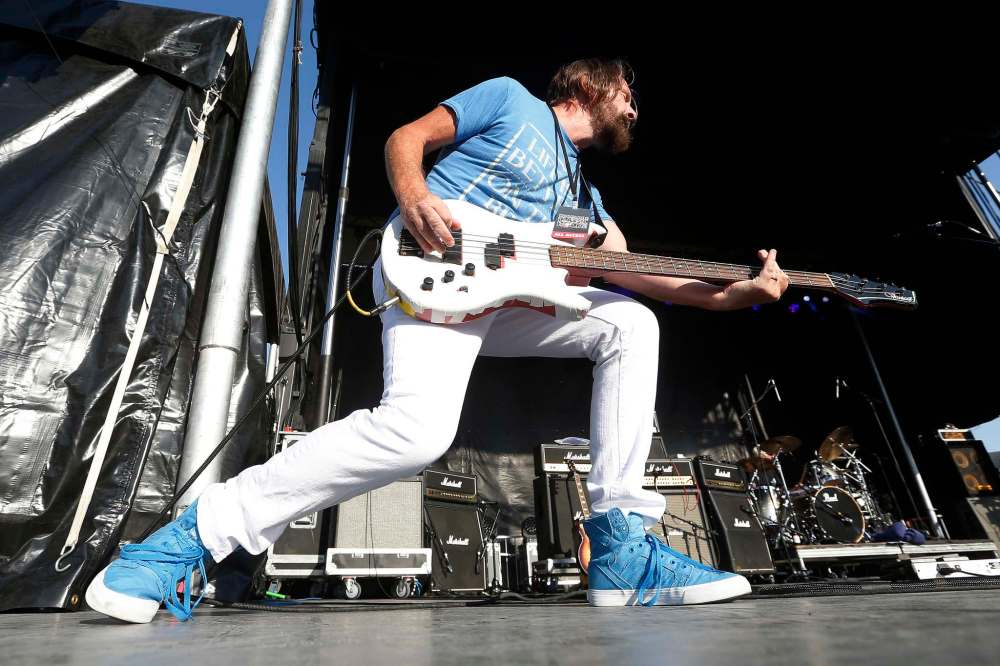
Almost from the start the Pumps, whose sound was a mix of hard rock, English blues and new wave, had a huge local following, regularly filling hotel bars such as the Marion and the Norlander.
“But because we were also writing our own material and felt being a three-piece was limiting us in that regard, we added Brent (Diamond) on keyboards. That’s when things really started to take off,” he says.
Polygram signed the Pumps to a record deal in 1979. The group recorded Gotta Move, which spawned the singles Bust the TV, Coffee With the Queen and Success (the latter of which ranks as one of the greatest stuttering songs of all time, alongside the Who’s My Generation and Elton John’s “buh-buh-buh” Bennie and the Jets) at Le Studio in Morin-Heights, Que., a facility that also hosted the likes of Asia, David Bowie and the Police.
Armed with a hit album (well, in Winnipeg at least; a CITI-FM sales chart dated Feb. 22, 1980 listed Gotta Move at No. 3, behind Tom Petty’s Damn the Torpedoes and Pink Floyd’s The Wall), the Pumps soon found themselves sharing concert bills with a fair number of rock ‘n’ roll heavyweights.
“Bands like Streetheart and Harlequin may have been selling more records than us but we were becoming known more and more for our live shows,” Burke-Gaffney says. “I specifically remember opening for AC/DC at the Winnipeg Arena and being called out for an encore at the end of our set. That was pretty awesome.”
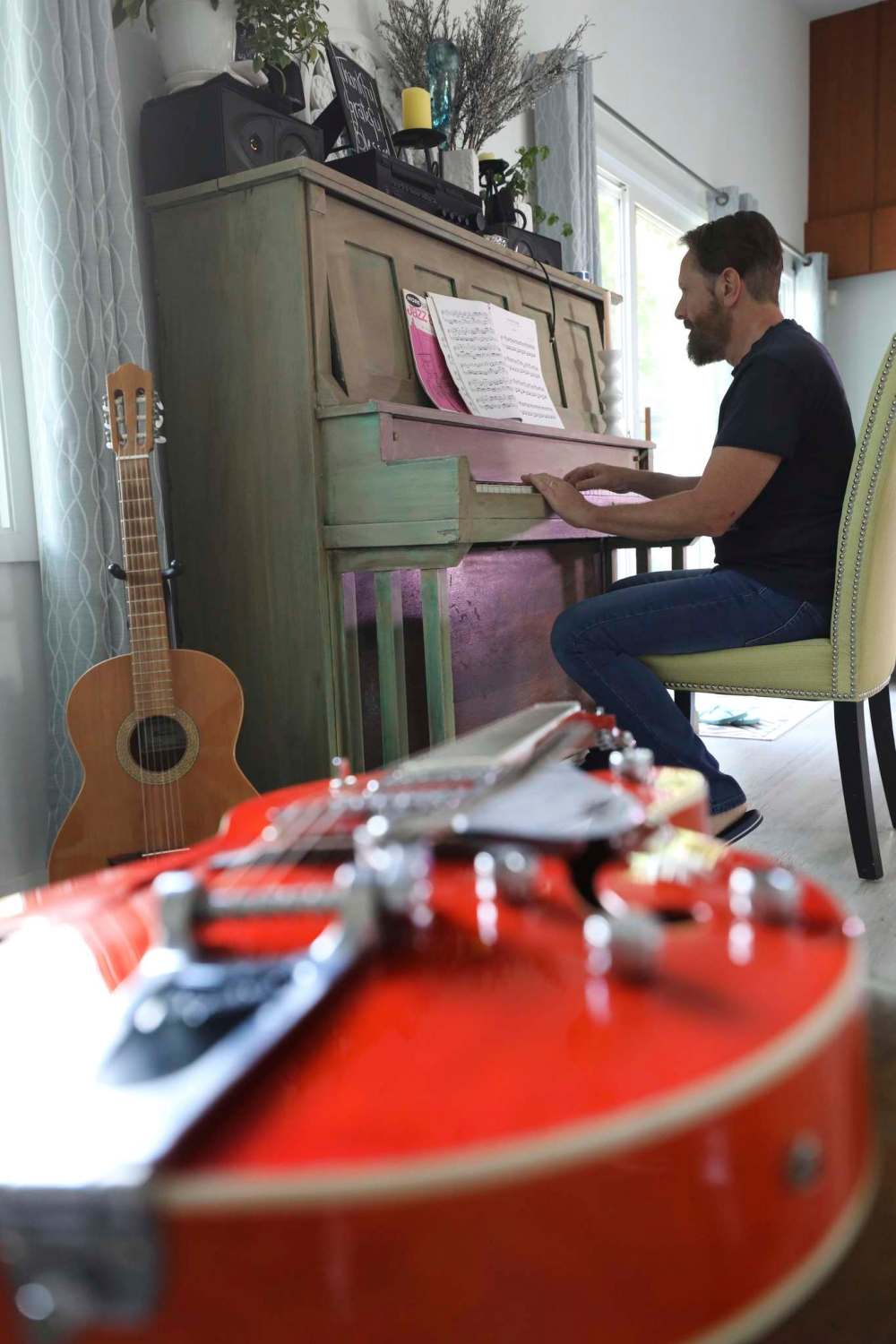
Parting ways in 1981
The Pumps parted ways with Polygram Records in 1981. A year later, Burke-Gaffney and Diamond hooked up with Steve McGovern (guitar) and Ron Boisvenue (drums) to form Orphan, a hook-heavy band that was eventually shipped off to New York City to record its debut album with producer Tony Bongiovi, of the Ramones and Talking Heads fame.
Funny thing: Miracle, the haunting, melodious song Orphan is most closely associated with, almost didn’t make it onto that first record.
“I wrote (Miracle) around the time my eldest son Nick was born, which is what the song is primarily about… how a new life is like a miracle,” Burke-Gaffney explains. “Except when I brought it to the band they were like, ‘It’s a good song but it’s not us. We’re a rock band.’”
Radio personality Howard Mandshein, a long-time follower of both the Pumps and Orphan, shakes his head every time he hears that story.
“Not us? Do you think the other members of Led Zeppelin said, ‘Hey, Jimmy, good song but it’s not us,’ when he presented Stairway to Heaven to them for the first time?” Mandshein says incredulously.
To this day, Mandshein is convinced Orphan would have become a household name if somebody associated with Orphan’s record label had the good sense to release Miracle as a single, instead of Saved by the Bell and the title track, both of which failed to dent the charts.
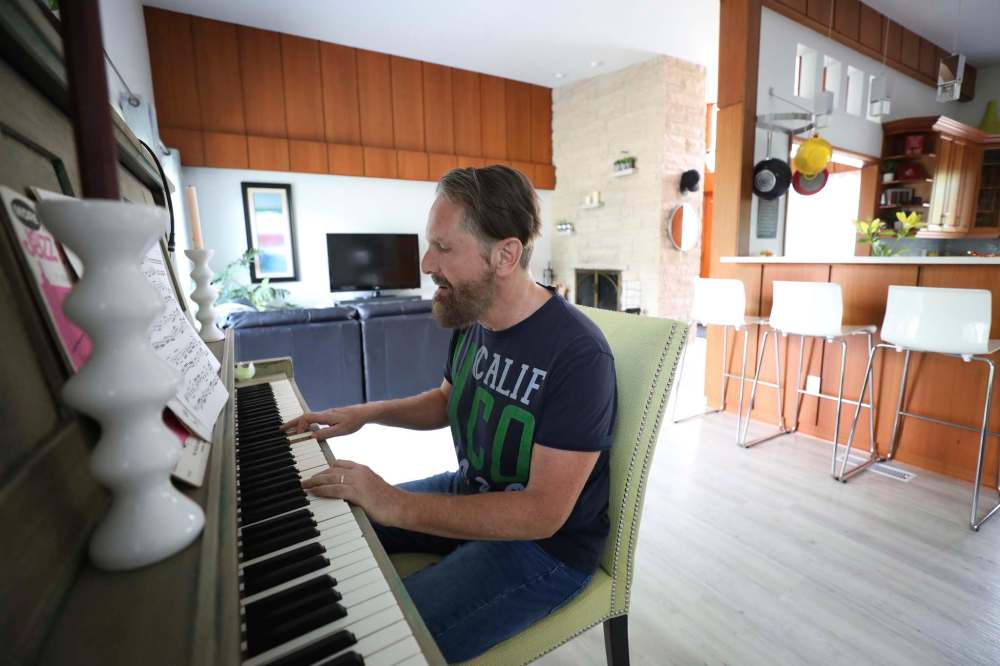
“Miracle should have been Chris Burke-Gaffney’s ticket to fame and fortune… that song is gold,” says Mandshein, narrator of the Bell MTS Stories From Home documentary Just a Little Success, which traces the history of the Pumps and their rebirth as Orphan. “It absolutely baffles me that a person working for a record company who supposedly has trained ears didn’t listen to Miracle and immediately announce, ‘There’s our hit.’ In the right hands, that song is a Top 5 record in America, not just Canada.”
Orphan called it a day in 1986, a year after their second album, Salute, came out. Close to a decade later, following a stint with the Deadbeat Honeymooners, a hard rock outfit similar in style to Guns N’ Roses, Burke-Gaffney was introduced to a fledgling singer/songwriter named Chantal Kreviazuk.
The pair spent most of that year writing and recording together in a studio Burke-Gaffney had established in the Exchange District. After hearing the demo tapes for what would eventually become Kreviazuk’s multi-platinum debut album Under These Rocks and Stones, music execs got into a bidding war to secure her services, says Burke-Gaffney, who wrote or co-wrote four of the songs that appeared on that record, including the Top 10 smash God Made Me.
“People were calling her at all hours of the day and night and at some point she said, ‘Chris, I need a manager. Will you do it?’ My answer was something along the lines of, ‘Sure, what the hell.’
“So practically overnight I went from being paid as a (crappy) artist to negotiating a record deal worth 100 grand, as well as getting my own publishing deal for another 100 grand, plus management and commission fees on top of all that. I remember thinking at the time, ‘Oh, now I see why people are on this side of the industry.’”
Heading to Nashville
Four to six times a year, Burke-Gaffney packs his bags, kisses his wife goodbye and heads to Nashville, more specifically Music Row, a roughly 10-block district that is home to dozens of record labels, publishing houses and recording studios, almost all of which cater to the country music industry.
“All the houses in Music Row look like the homes in River Heights, except each one has an office on the main floor and two or three writing rooms on the second level, instead of bedrooms,” he says, mentioning he started travelling to Nashville 10 years ago in a manager’s capacity, but for the last five or six years it’s primarily been to write. “Basically you punch in at 10 a.m., head upstairs with your guitar and write a song with another person. After lunch, you walk across the street and write another song with somebody else before calling it a day.”
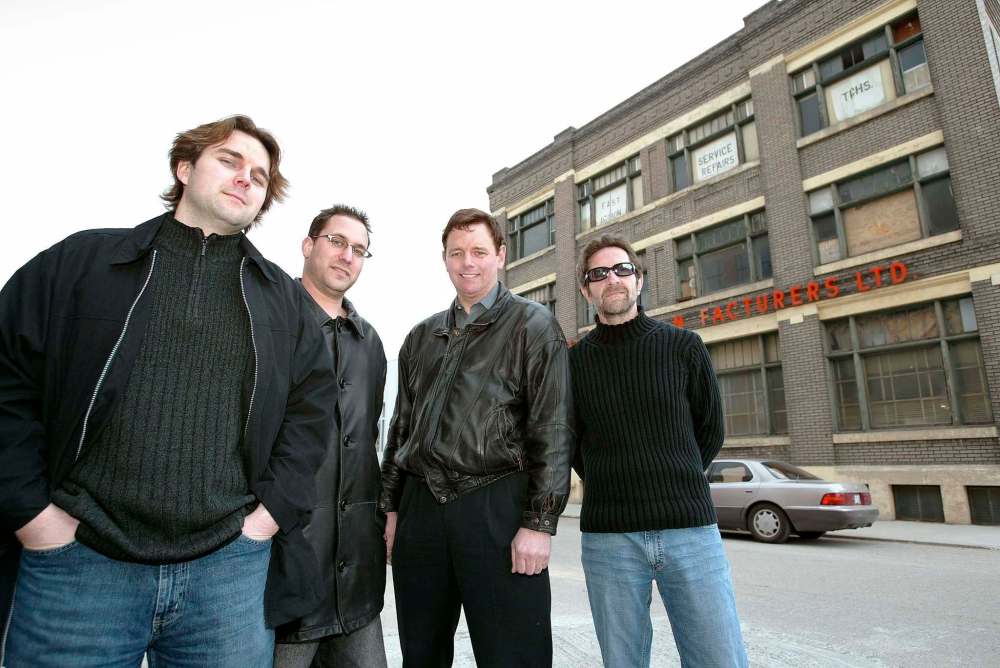
Although Burke-Gaffney describes himself as “10 times” the tunesmith he was when he was in his 20s, industry bigwigs who look over his resumé for the first time are often more intrigued by his rock ‘n’ roll past than by his collaborations with celebrated country music writers such as Jennifer Schott and James Dean Hicks, or his recent production work with up-and-comer Raquel Cole.
“They’ll be like, ‘Wait, what? You opened for AC/DC and Van Halen? You’re a fricking rock star,” he says, folding his hands behind his head.
“So yeah, even if they’ve never heard of the Pumps or Orphan, a lot of times they’re more interested in my career as a rocker than as a country music songwriter.”
Next Gig
On Aug. 24, the Pumps and Orphan — the moniker Burke-Gaffney and company have been performing under for over a decade — will open for Trooper at the Club Regent Event Centre. Twenty-four hours later they’ll share a bill at the Morden Corn & Apple Festival with Chilliwack.
The first time the Pumps got back together was for a benefit for the family of Gary Maclean, of the comedy rock duo Maclean and Maclean, after he died of cancer in the early 2000s, Burke-Gaffney says.
“Afterwards, so many people came up to us saying how great it was to see and hear us again we thought OK, maybe we should do a few more shows.”
The Pumps and Orphan, the 2018 version of which consists of Burke-Gaffney, Petrovich, Diamond and either Taylor or Dylan Thomas Hermiston on drums, performs two or three times a year.
What’s great about the shows is they’re not just about the band members getting back together to relive their glory days onstage, they’re an opportunity for fans of both bands to reconnect as well, he says.
“That’s probably what I love most… looking out into the crowd and seeing all these people clapping each other on the back, shouting things like, ‘Hey, I haven’t seen you in 35 years.’ I don’t know how else to put it except to say it really is a beautiful thing.”
Finally, when asked whether he harbours any regrets that neither the Pumps nor Orphan achieved the same level of monetary success as some of their contemporaries, Burke-Gaffney shakes his head and says no, none at all.
“Through the years different people have tried to blame it on the record company or us being in the wrong place at the wrong time but I’ve never felt that way. To tell the truth, if we’d made it really big there’s a good chance I’d be dead by now. I mean our lifestyle back then… well… you know…” he says with a wink.
david.sanderson@freepress.mb.ca
Dave Sanderson was born in Regina but please, don’t hold that against him.
Our newsroom depends on a growing audience of readers to power our journalism. If you are not a paid reader, please consider becoming a subscriber.
Our newsroom depends on its audience of readers to power our journalism. Thank you for your support.

